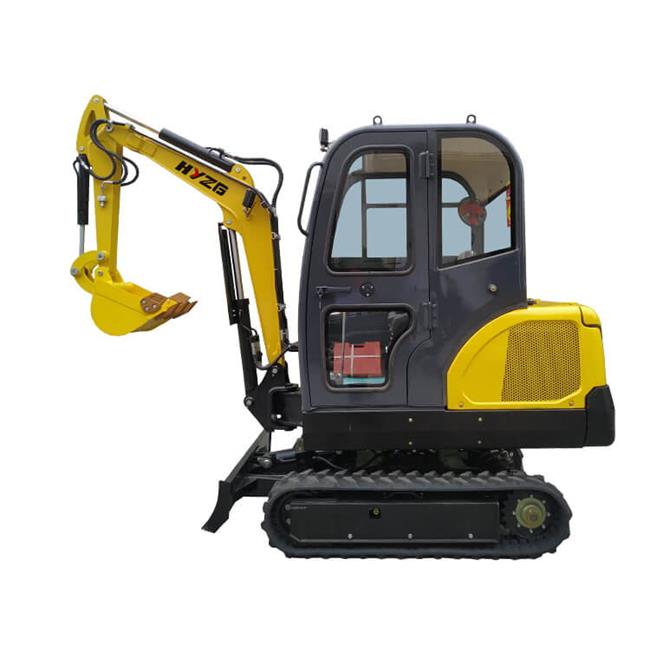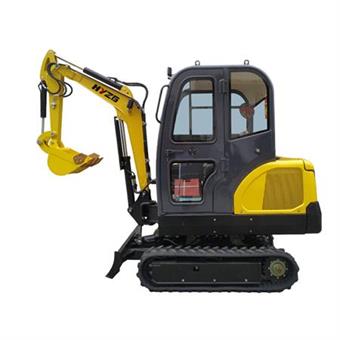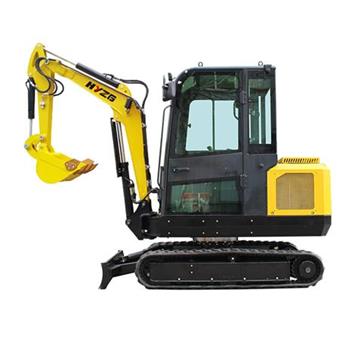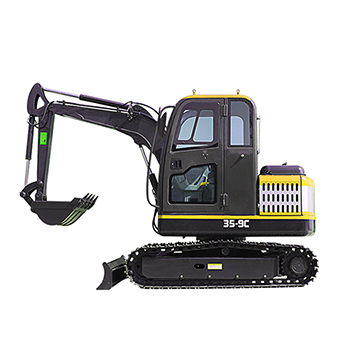
News
Rubber tracks are vital for the optimal performance of excavators, especially in construction and landscaping. Their tension level directly affects durability, efficiency, and operational safety.

Rubber track tension influences several key factors:
Performance Efficiency: Loose tracks can slip and reduce traction, affecting productivity.
Reduced Wear and Tear: Overly tight tracks put unnecessary strain on rollers and sprockets.
Safety Considerations: Improperly tensioned tracks can derail during operation, posing safety risks.
Safely lift the excavator using jacks or a ramp. Ensure the track is suspended off the ground.
Place a straight edge along the top of the track frame. Measure the sag between the track and frame.
Refer to the manufacturer's guidelines for the ideal sag, typically between 10-30 mm, depending on the model.
Most excavators have a grease adjuster valve near the undercarriage.
Pump grease into the valve using a grease gun to tighten the track.
Release grease by loosening the valve to reduce tension.
Check the sag again and ensure it matches the recommended specifications.
Ignoring Regular Inspections: Skipping routine checks can lead to uneven wear.
Over-Tightening: This can lead to premature damage to the undercarriage components.
Neglecting Manufacturer Guidelines: Always refer to specific guidelines for your excavator model.
Track tension should be inspected every 50 operating hours or weekly.
Yes, temperature changes can cause rubber tracks to expand or contract, necessitating adjustments.
A grease gun, straight edge, and measuring tape are essential.
Maintaining the correct tension for rubber excavator tracks is crucial for operational efficiency, safety, and longevity. Regular checks, adjustments, and adherence to manufacturer guidelines ensure that your equipment performs at its best. By prioritizing proper maintenance, you can avoid costly repairs and extend the lifespan of your excavator.



